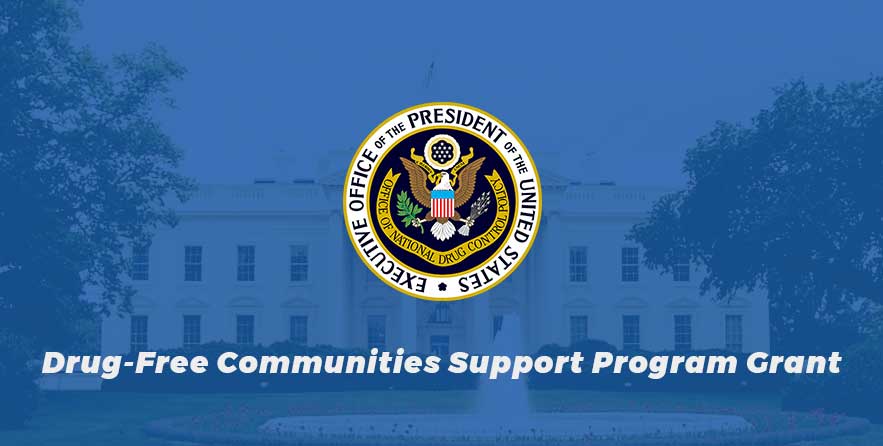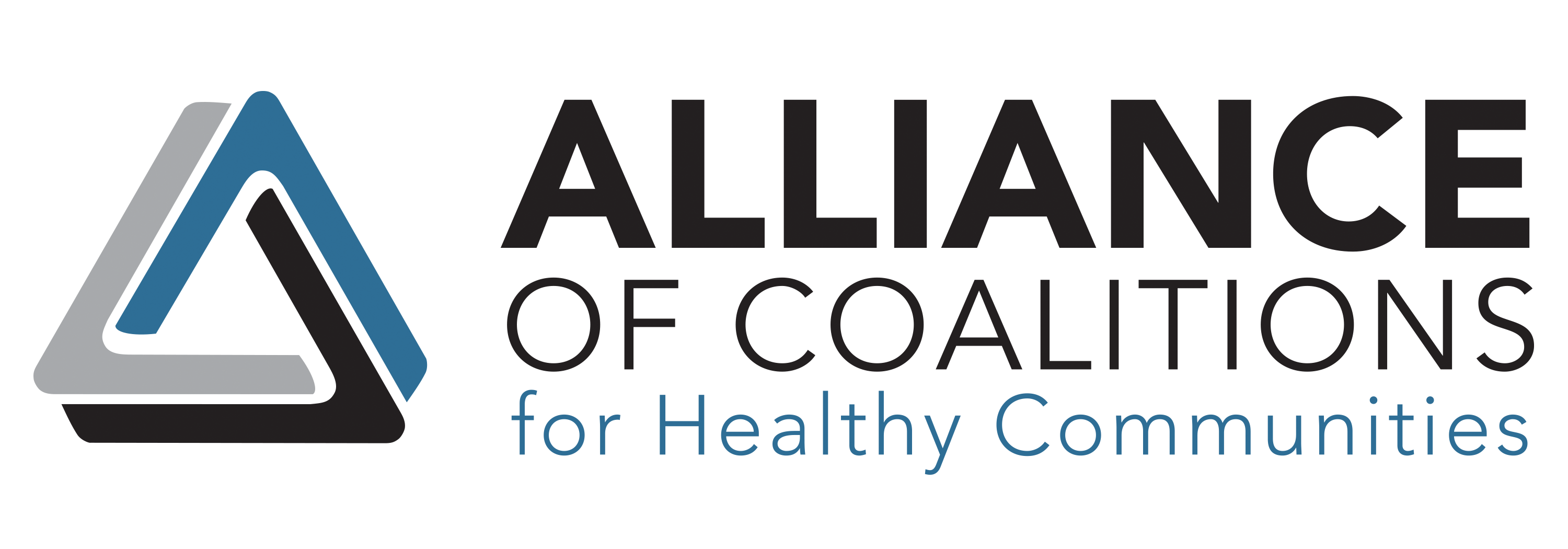
GRANTS SUPPORT ADMINISTRATION EFFORTS TO EMPHASIZE PREVENTION AMONG YOUTH
Pontiac, Michigan – Michael Botticelli, Director of National Drug Control Policy (ONDCP), announced 697 Drug-Free Communities (DFC) Support Program grants, totaling $86 million. The grants will provide local community coalitions funding to prevent youth substance use, including prescription drugs, marijuana, tobacco and alcohol. The Alliance of Coalitions for Healthy Communities of Oakland County, Michigan, was one of the grant recipients and will receive $125,000 in DFC grant funds to involve and engage their local community to prevent substance use among youth.
” We know that evidence-based prevention efforts are the most effective way to reduce youth substance use and to support the roughly 90 percent of American youth who do not use drugs ,” said Michael Botticelli, Director of National Drug Control Policy. “By bringing together schools, businesses, law enforcement, parent groups, and other members of the community, DFC-funded community coalitions are helping to protect youth from the devastating consequences of non-medical prescription drug use, heroin and other substance use.”
“Our goal is to make Oakland County a safe and healthy environment for our youth,” said Executive Director Julie Brenner. “Prevention is a powerful tool to counteract drug use in our community, and we will use this funding to help youth across Oakland County make healthy choices about substance use.”
The Substance Abuse and Mental Health Services Administration (SAMHSA) is responsible for the day-to-day management of the DFC Program.
“Community coalitions continue to drive winning strategies at the local level to reduce the rate of substance misuse,” said SAMHSA Acting Administrator Kana Enomoto. “SAMHSA is pleased to join the Office of National Drug Control Policy in supporting communities that are bringing citizens together to create healthy and drug free environments for our youth.”
Prescription drug abuse prevention is one of the core measures of effectiveness for local DFC coalitions, and coalitions nationwide have led innovative opioid prevention initiatives.
The DFC’s 2014 National Evaluation Report showed a significant decrease in past 30 day use of prescription drugs among youth in DFC communities. The report also noted increases in the perception of risk, perception of peer disapproval, and perception of parent disapproval in relation to non-medical prescription drug use. The report also found a significant decrease in past 30 day use between the first and most recent data reports for alcohol, tobacco, and marijuana use among middle school and high school youth in DFC communities.
BACKGROUND ON THE DRUG-FREE COMMUNITIES SUPPORT PROGRAM
The Obama Administration’s drug policy treats the national drug challenge as both a public health and public safety issue. This approach is built upon the latest scientific research demonstrating that addiction is a chronic disease of the brain that can be successfully prevented and treated, and from which one can recover. The Administration has directed Federal agencies to expand community-based efforts to prevent drug use before it begins, empower healthcare workers to intervene early at the first signs of a substance use disorder, expand access to treatment for those who need it, support the millions of Americans in recovery, and pursue “smart on crime” approaches to drug enforcement.
For more information about the Administration efforts to reduce drug use and its consequences, or to learn more about the Drug-Free Communities Support Program, visit:
White House – Drug Free Communities Support Program
The Office of National Drug Control Policy seeks to foster healthy individuals and safe communities by effectively leading the Nation’s effort to reduce drug use and its consequences.
